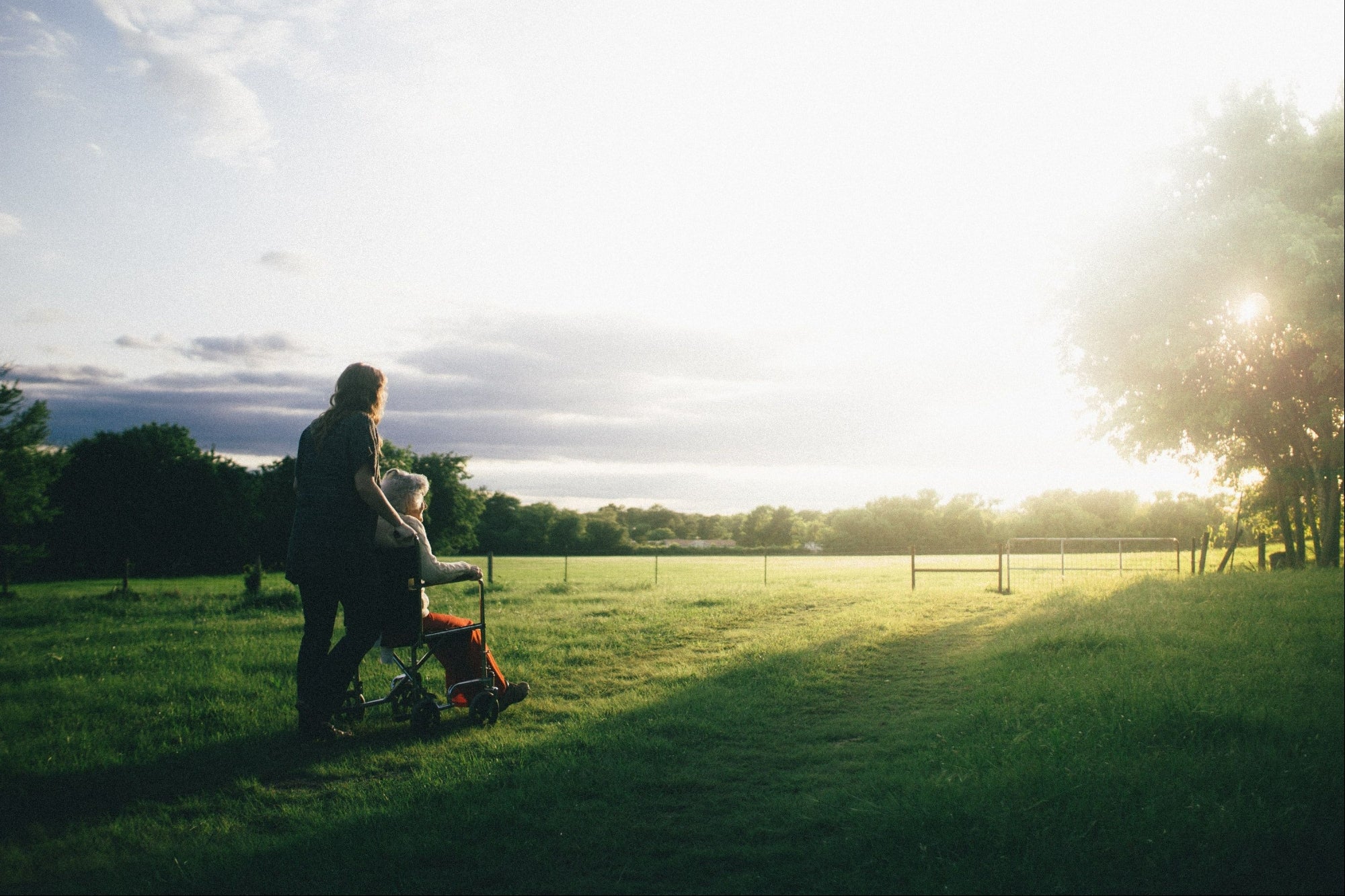Health Tech And Elderly Care: The Perfect Alliance We can broadly mark the three major determinants of elderly healthcare as: physical healthcare, mental healthcare and social wellbeing
Opinions expressed by Entrepreneur contributors are their own.
You're reading Entrepreneur India, an international franchise of Entrepreneur Media.

In the last five decades, the global and the Indian population has tripled to create a demographic apportion of the elderly (aged 60 years and above). WHO has announced "2021-2030 as the Decade of Healthy Ageing'. This is also the second plan of action on ageing which is endorsed by the 73rd World Health Assembly convened on 3 August, 2020. As per the 2008 UNDESA report, India's elderly population is projected to reach a mammoth 158.7 million by 2025.
As we see a growth rate of the elderly population, we must admit that we are living a longer lifespan. This also is an indication that more elderly population needs access to quality healthcare. As understood, as the elder a patient the frequency of health check-ups, doctor visits, purchase of medicines, and other medical dependency increases. However, in the current age of health-tech convergence, we lead the path of medical accessibility to the heterogeneous elderly populace.
We can broadly mark the three major determinants of elderly healthcare as: physical healthcare, mental healthcare and social wellbeing.
Managing the above healthcare determinants augment the health span of an individual. Physical healthcare has been largely affecting the elderly due to the age factor, the chronic nature of a condition, the coexistence of morbidity, and reluctance to be a stress on the family, to name a few factors. Managing and monitoring the routine physical healthcare parameters has been simplified with the new-age technology. Healthcare technology has transcended barriers to bridge all aspects of healthcare onto a digitized platform. Mobile applications have necessitated their demand owing to factors situational and the pandemic. All you need is a smartphone to download various apps tending to one's propensity and mindset. From meditation to yoga, counting steps to tracking vitals, consulting doctors/specialists to ordering medicines, everything is now accessible at the click of a button. The concept of bringing healthcare to home has been revolutionized with the help of technology. The private sector healthcare stalwarts have developed services that manage the doctor consultation/follow-up scheduling, maintaining e-health records, and daily medicine dosage prompts to name a few services among many devices that help check and track health details. Globally, there are companies that have developed singular devices that patients can use to self-test blood sugar levels, blood pressure, oxygen saturation levels, weight, lung function, and capacity to name a few. The results of these tests are automatically shared onto their app, accessible by both the user and the doctor/healthcare personnel. The healthcare technology space has grown to build personal health record lockers to safe keep the medical files and records for ease and instant access with apps/websites.
To cater to the health, and social needs of the people, the government is simultaneously spearheading multiple health tech projects from which the elderly population can highly benefit, such as National Digital Health Management (NDHM), Ayushman Bharat Telemedicine services and National Rural Health Mission (NRHM).
Secondly, mental well-being is crucial to the overall health of an individual. There are things and situations which we may not realize that leave a mark on the mental health of an individual. The elderly having seen the labyrinth of life may have experienced some of the situations like stress, bereavement, substance misuse, being a victim of hate or violence, loneliness and depression. To counter and seek help to overcome mental duress, there are forums, psychologists and psychiatrists who extend their services on the online platforms. Mobile mental health support, and telehealth are key sources of effective technology guided care. There are apps that help reach a crisis centre, apps that collect individual behavioural patterns and any deflection provides health SOS. Health-tech has provided the elderly with an effective, anonymous, economical, 24x7 consultation and support system.
Lastly, social well-being among the older adults and elderly with guided technology interventions are coming to the fore as the key to reducing social isolation effectively. As researched, age advancement declines social engagements due to circumstances growing from impaired health and mobility, marital status, family and livelihood arrangements. Technology has created ways in alleviating social and interactive barriers which are accessible and economical in multiple modes such as audio and video calls, text messaging and emailing. For the tech savvy elder audience, there are three dimensional and virtual reality trips that can be enjoyed individually or in the company of connected people. Technology or digital media has expanded the horizon of geographical reach, and social media connections with peer groups, thereby adding diverse and increased social support.
Having stated the above, steps have to be taken to initiate larger adoption of healthcare technology percolating from tier I cities, by minimizing barriers. The apps and websites should have a simplified and guided user interface, non-technical terminology, regular notifications along with measures of privacy and safety. The caregivers and family members can initiate the elderly to embrace technology and healthcare by assisting them and defining thus the benefits and safety gained from usage.












